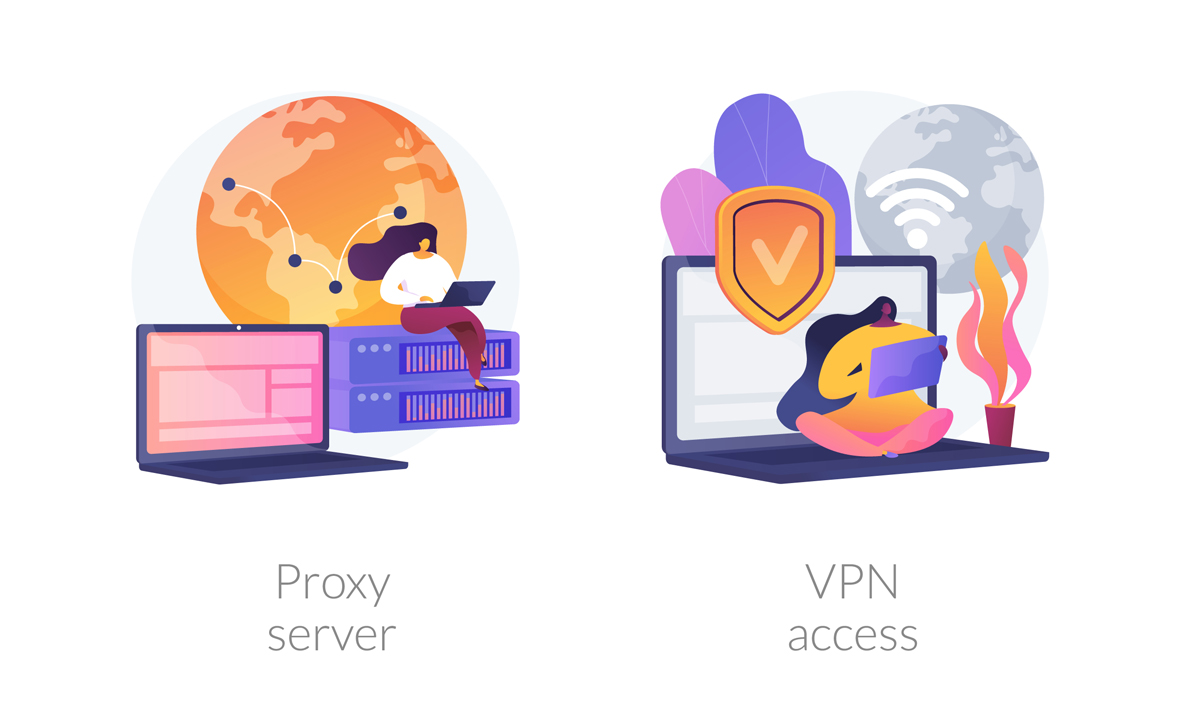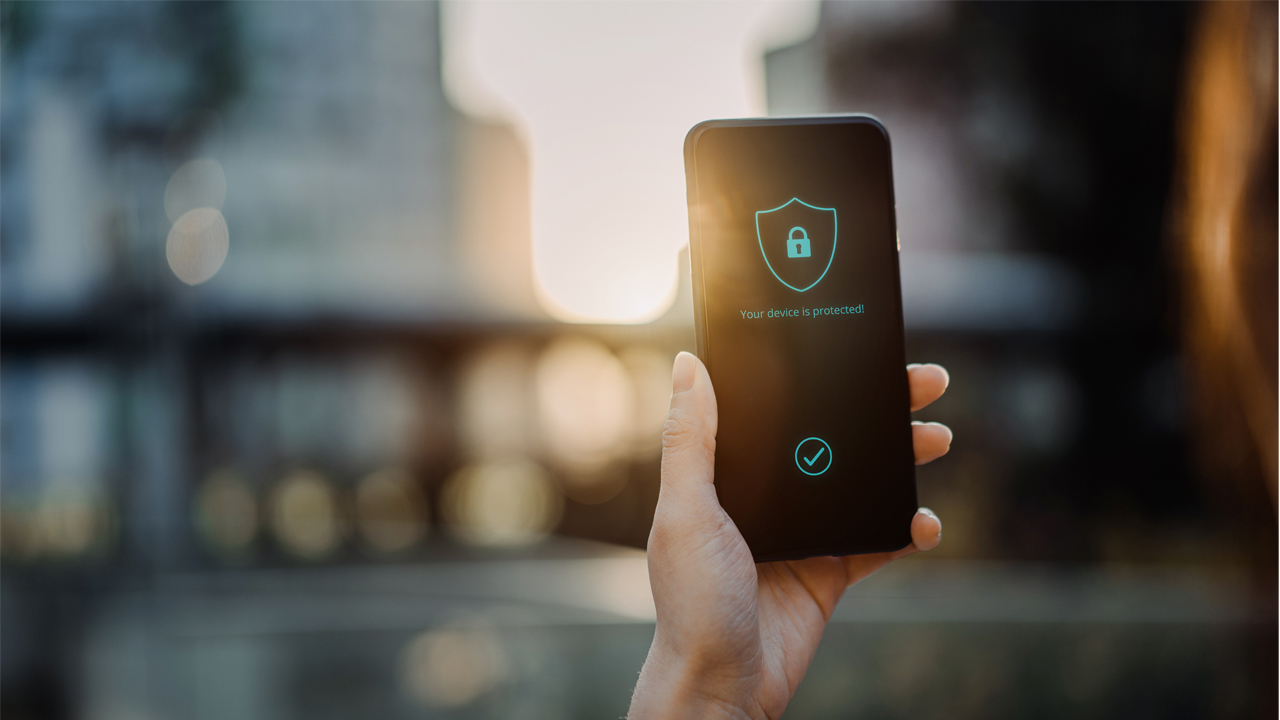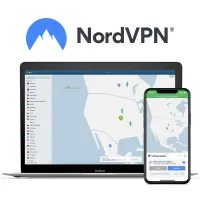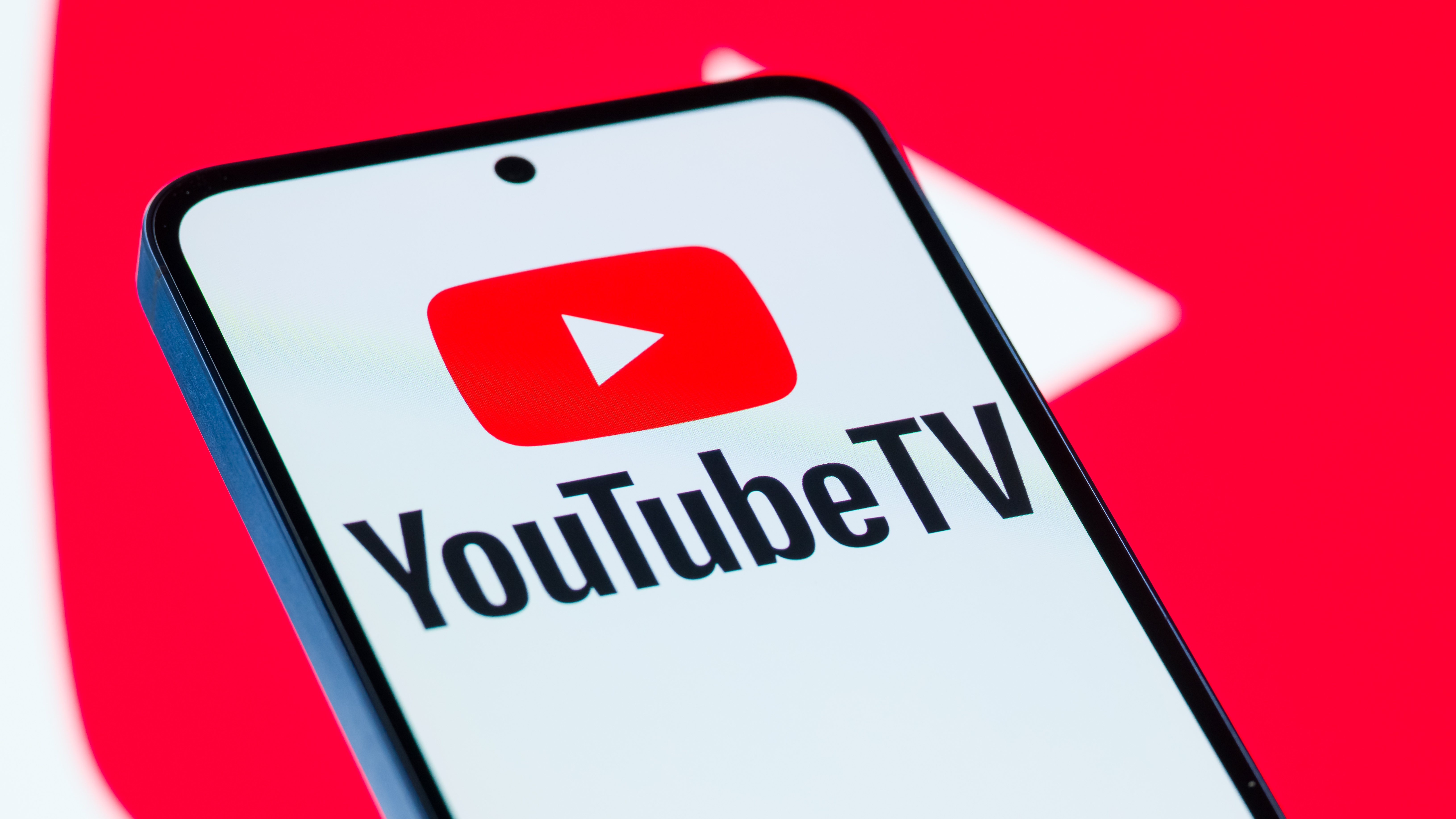VPN vs proxy: what's the difference and which should you get?
VPN and proxies are often confused, so we'll demystify the two

Here at Tom’s Guide our expert editors are committed to bringing you the best news, reviews and guides to help you stay informed and ahead of the curve!
You are now subscribed
Your newsletter sign-up was successful
Want to add more newsletters?

Daily (Mon-Sun)
Tom's Guide Daily
Sign up to get the latest updates on all of your favorite content! From cutting-edge tech news and the hottest streaming buzz to unbeatable deals on the best products and in-depth reviews, we’ve got you covered.

Weekly on Thursday
Tom's AI Guide
Be AI savvy with your weekly newsletter summing up all the biggest AI news you need to know. Plus, analysis from our AI editor and tips on how to use the latest AI tools!

Weekly on Friday
Tom's iGuide
Unlock the vast world of Apple news straight to your inbox. With coverage on everything from exciting product launches to essential software updates, this is your go-to source for the latest updates on all the best Apple content.

Weekly on Monday
Tom's Streaming Guide
Our weekly newsletter is expertly crafted to immerse you in the world of streaming. Stay updated on the latest releases and our top recommendations across your favorite streaming platforms.
Join the club
Get full access to premium articles, exclusive features and a growing list of member rewards.
If you've done any research into IP-masking technology, chances are you'll be at least slightly familiar with the terms 'VPN' and 'proxy'. The differences between the two can be a little tricky to understand, especially if you're not especially techy.
Despite the two pieces of technology performing similar functions, it's important to understand what exactly sets the best VPNs apart from proxies, especially if privacy is your main concern.
In this guide, I'll be running down everything you need to know about the two tools and what the different between them is. I'll also include some advice on the key things to look for when picking one, and which one will be better for you.
NordVPN: the best VPN overall
If you decide that you need a VPN, my recommendation is NordVPN. From my in-depth testing it's proven to be the most reliable and powerful VPN on the market. It offers great privacy, and is excellent for unblocking streaming sites too.
It's excellent value, with prices starting at less than $3 a month for a two-year subscription, and it also offers a 30-day money-back guarantee so you can try it out and see if it's right for you.
What is a proxy server?
A proxy is a simple program – often a browser extension – that changes your IP address. You can usually select a IP in a different country, and by doing so you’ll be able to access sites that may be blocked on your home turf.
By routing your Internet traffic through an intermediary server, a proxy also hides your activity from your Internet Service Provider (ISP). This is useful if your ISP blocks you from accessing certain sites, or, for any reason, you don’t want to be tied back to a particular search or activity online.
Be aware, however, that doing this will only expose your activity to the proxy instead of your ISP. Weighing up which you trust more is important, and while the big-name proxy providers are largely considered safe, it’s important to do your research.
The biggest thing to note is that proxies do not encrypt your traffic, so they should never be used to protect or hide sensitive information. What's more, unlike VPNs, browser proxies only redirect traffic within your browser. If you’re using any other application that connects to the Internet, you won’t be routing through your proxy.
What is a VPN?
VPNs perform all the functions of a proxy – like unblocking sites and changing your location – but also throw some valuable extra features into the mix. For a full rundown, check out my comprehensive what is a VPN guide.
As a discrete program on your device, a VPN reroutes absolutely all your Internet traffic through its own servers, and away from your ISP’s. This means that as well as your regular browsing, your torrent client, standalone messaging apps like Slack and streaming apps like Spotify will also be rerouted.
The most important difference, though, is the fact that VPNs encrypt your data. While standards have risen in recent years, and the encrypted HTTPS is now used almost everywhere, there are still risks – especially when using public Wi-Fi networks.
With a VPN active, your information is sent through a "tunnel". Essentially, this means that whatever you’re doing is hidden from view, and even if it’s intercepted, it’ll be totally unreadable because it's encrypted.
While proxies may offer a number of different locations, a good VPN will almost always have a better selection. Some providers like NordVPN, ExpressVPN and Surfshark offer thousands of servers – all of which are super fast and reliable.
Finally, a hugely popular VPN use is to unblock streaming sites. With Netflix, for example, you can use one of the best streaming VPNs to change your location and watch content that’s exclusive to other countries. Not all VPNs can do this, but picking one that can might make your evening binge-watch a lot more interesting.

When should you use a VPN or a proxy?
If all you need to do is quickly change your IP address or unblock sites that are blocked by your ISP, a proxy will do the job. For anything else, we’d highly recommend using a VPN.
It’s widely accepted that encrypting your traffic and changing your IP when torrenting is essential, and a proxy can’t do this. If you’re looking to unblock extra streaming content, again, a VPN is your only choice.
It’s also worth noting that both proxies and VPNs can have an adverse effect on your Internet speeds, but with one of the fastest VPNs this difference is negligible. In fact, in my testing for my VPN reviews, a good number of VPNs maxed out my 1 Gbps connection, so if you pick the right one, you're unlikely to feel restricted.
However, since almost all proxies are free services, the servers they access can easily become overloaded with users, meaning connection speeds are likely to be affected more significantly.
Finally, if you’re looking to stay more private online, the encryption of one of the most secure VPNs is a real must. While proxies can hide your activity from your ISP, anyone snooping on your traffic won’t be impeded at all. So, for the security conscious, a VPN also wins out here.
VPN vs proxy: which should you get?
It’s clear that VPNs provide a superior service to proxies, and while they’re not quite as reliable, you can even find the best free VPN services that are useful in a pinch.
That doesn’t mean proxies are absolutely useless, though. Pick a good one, and you can change your IP with very little fuss, and you also won’t have to install a standalone app on your PC to get it working.
But, if you’re able to install programs on your device and want the peace of mind a fully encrypted connection can bring, in almost every situation a VPN is the way to go.
We test and review VPN services in the context of legal recreational uses. For example: 1. Accessing a service from another country (subject to the terms and conditions of that service). 2. Protecting your online security and strengthening your online privacy when abroad. We do not support or condone the illegal or malicious use of VPN services. Consuming pirated content that is paid-for is neither endorsed nor approved by Future Publishing.
Get instant access to breaking news, the hottest reviews, great deals and helpful tips.

Mo has been rigorously testing, reviewing, and analyzing VPN services at Tom’s Guide for more than five years. He heads up the three-person Tom's Guide VPN team, and is passionate about accessibility: he believes that online privacy should be an option that’s available to everyone. NordVPN and ExpressVPN are the products he uses most on a daily basis, but he experiments weekly with all the top services, evaluating their privacy features, connection speeds across various protocols, and server reliability – among other things – so that he can make confident VPN recommendations that are backed by data. To see his latest advice, head over to Tom’s Guide’s best VPN and best free VPN guides.
 Club Benefits
Club Benefits











